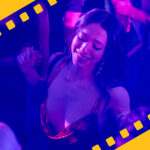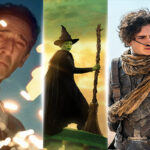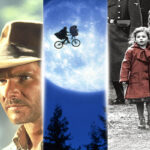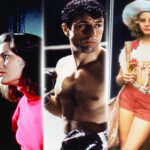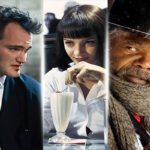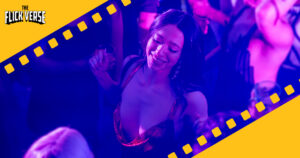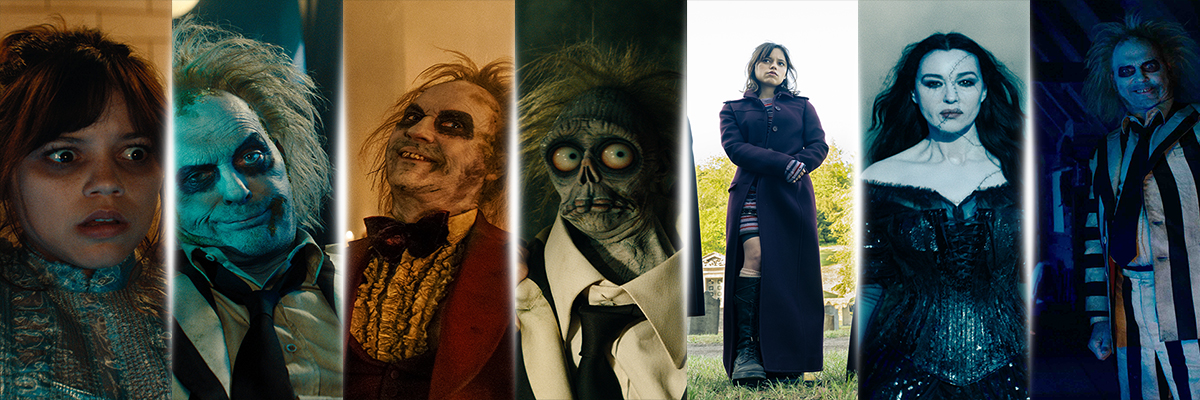
Movie Review – Beetlejuice Beetlejuice
Tim Burton’s Beetlejuice has long been regarded as one of the most iconic cult classics of the 1980s. The original 1988 film captured the imaginations of fans with its mix of dark humor, quirky characters, and gothic aesthetic, not to mention the unforgettable performance of Michael Keaton as the mischievous and maniacal ghost, Beetlejuice. More than three decades later, Burton returns to this universe with Beetlejuice Beetlejuice (2024), a much-anticipated sequel that brings back familiar faces while introducing new characters and stories that both honor and expand upon the legacy of the original.
In this review, we’ll take a deep dive into the world of Beetlejuice Beetlejuice, exploring the film’s plot, performances, visual style, themes, and how it fits within the context of both Tim Burton’s filmography and contemporary cinema.
1. Plot Overview: A Haunting Return

The film picks up years after the events of the first Beetlejuice, following Lydia Deetz (Winona Ryder), who is now an adult grappling with her memories of the paranormal. Having spent years trying to distance herself from her supernatural past, Lydia is now a successful artist, but she remains haunted by the bizarre events that transpired in her youth. The film introduces a new generation of characters, including Lydia’s teenage daughter, who unwittingly summons Beetlejuice back into their lives.
Once again, Beetlejuice (Michael Keaton) is unleashed, and chaos ensues as he wreaks havoc in both the living and the dead worlds. While the plot structure mirrors that of the original film, with characters seeking to control or rid themselves of Beetlejuice, Beetlejuice Beetlejuice adds new layers to the story by delving deeper into the ghost world and the strange bureaucracy that governs it. This time, the stakes are higher, and the boundaries between the living and the dead begin to blur in increasingly bizarre and imaginative ways.
The film also explores Lydia’s relationship with her daughter, adding an emotional core to the narrative that wasn’t as prominent in the first film. As Lydia’s daughter begins to discover her mother’s strange history, she becomes entangled in the world of ghosts and ghouls, much like her mother once did. The film, therefore, becomes both a continuation of the original story and a generational tale about legacy, inheritance, and the things that we try—and fail—to leave behind.
2. Michael Keaton: Still the Ghost with the Most
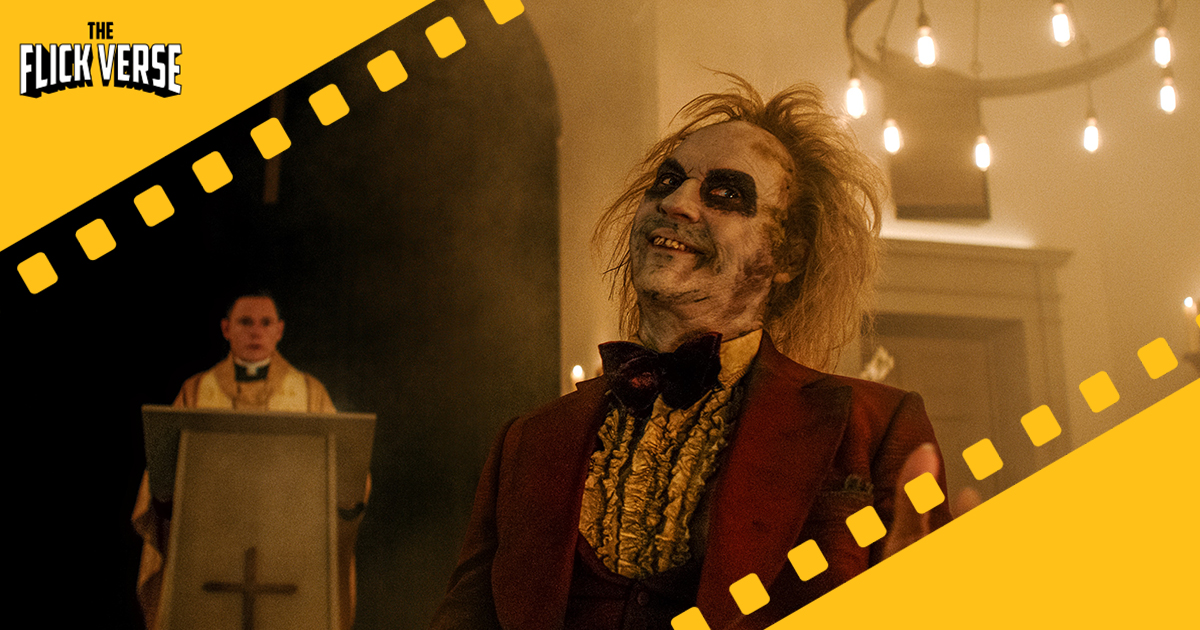
One of the most exciting aspects of Beetlejuice Beetlejuice is the return of Michael Keaton to the titular role. In the original film, Keaton’s performance as the crude, unpredictable ghost was a masterclass in physical comedy and irreverence. Decades later, Keaton slips back into the role effortlessly, bringing with him all the chaotic energy that made Beetlejuice such a beloved character in the first place.
Keaton’s Beetlejuice in the 2024 sequel is just as mischievous and manipulative as ever, but there’s a new layer of weariness to the character. Having been stuck in the netherworld for years, Beetlejuice is even more desperate to escape his fate, and his schemes are more elaborate and outlandish. Keaton delivers a performance that balances nostalgia with a fresh take on the character, making Beetlejuice feel like both a continuation of the original and a ghost who’s been weathered by time.
His interactions with the other characters, especially Lydia and her daughter, provide some of the film’s most entertaining and emotionally resonant moments. There’s a sense of familiarity in his chaotic antics, but also a deeper sense of desperation that adds depth to his character. Whether he’s cracking jokes, causing supernatural mayhem, or pulling off slapstick humor, Keaton’s Beetlejuice remains the heart of the film.
3. Winona Ryder’s Lydia Deetz: A Haunted Legacy
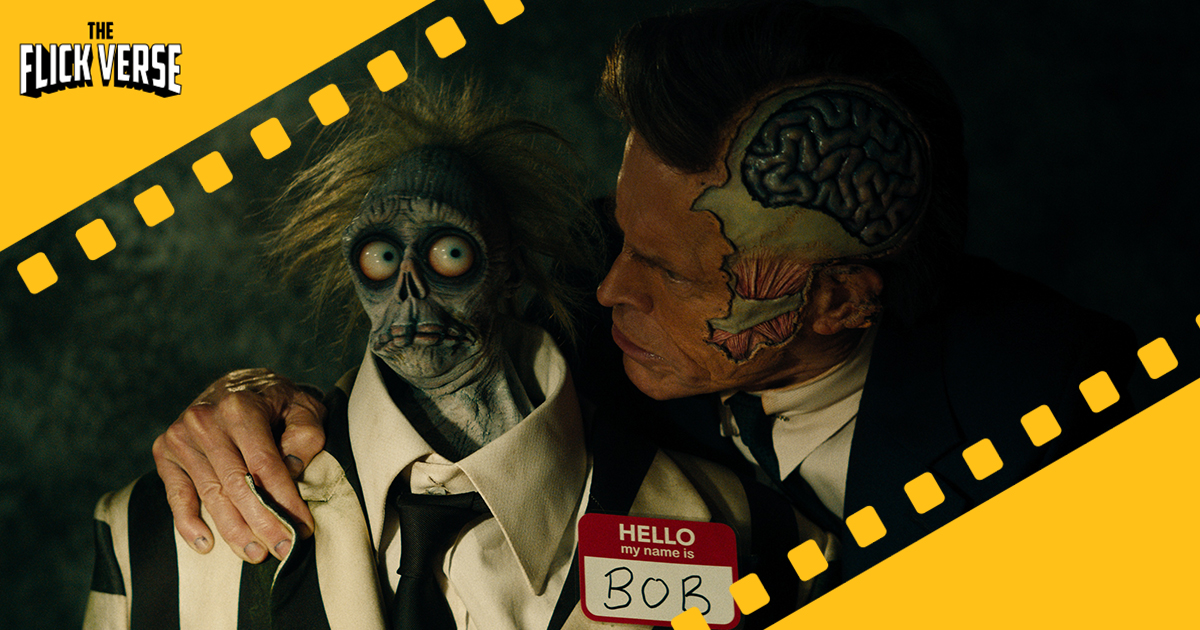
In Beetlejuice Beetlejuice, Winona Ryder reprises her role as Lydia Deetz, a character who has since become a pop culture icon for goth and alternative youth. In the original, Lydia was a misunderstood teenager who found solace in the supernatural, eventually befriending the ghostly Maitlands and facing off against Beetlejuice. Now, as an adult, Lydia is a more subdued and introspective character, but the years have not entirely dulled her connection to the ghost world.
Ryder’s performance is a nuanced portrayal of a woman who has grown up but still carries the trauma of her past experiences. While she’s tried to move on with her life, the presence of Beetlejuice and the world of the dead remains a constant shadow in her life. Her relationship with her daughter is central to the film, and Ryder’s portrayal of a protective, slightly eccentric mother is both touching and grounded.
The dynamic between Lydia and Beetlejuice is also one of the film’s highlights. While she remains wary of him, their shared history adds a layer of complexity to their interactions. Ryder’s Lydia is no longer the wide-eyed, rebellious teenager of the first film, but she’s still a character who sees the world differently than most, and her unique perspective plays a crucial role in the film’s unfolding events.
4. New Characters: Expanding the Beetlejuice Universe
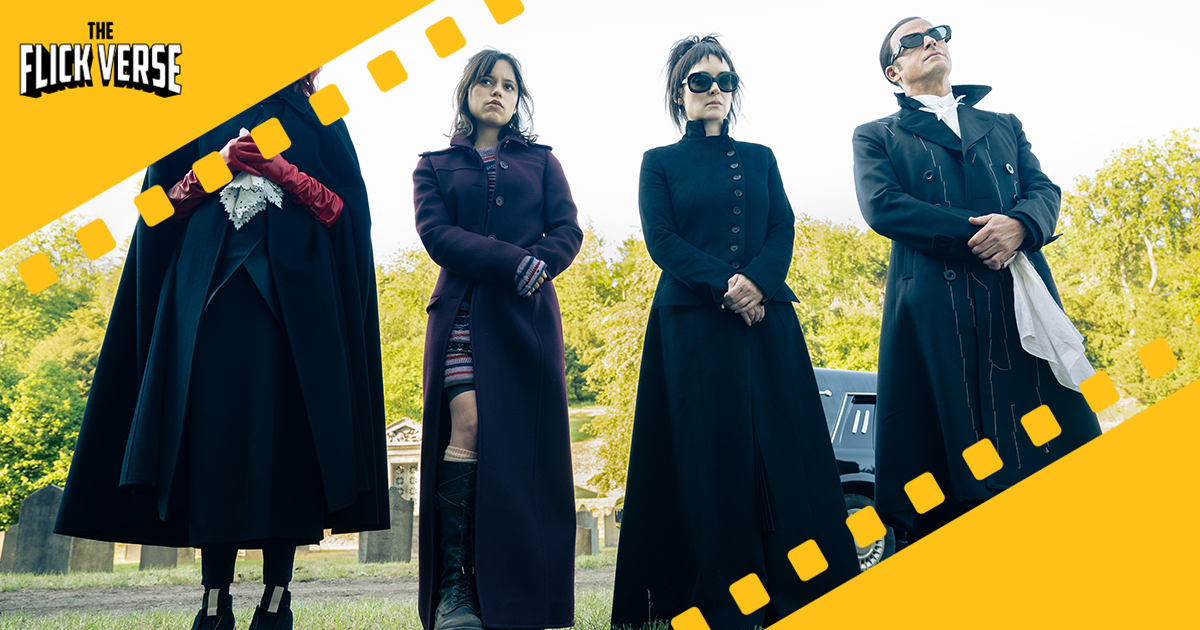
While much of the excitement surrounding Beetlejuice Beetlejuice revolves around the return of Keaton and Ryder, the film also introduces a host of new characters who add fresh energy to the story. Lydia’s teenage daughter, played by [insert actress name], becomes the new protagonist of sorts, as she inadvertently summons Beetlejuice and becomes caught in the supernatural chaos that follows. Much like her mother, she has a fascination with the strange and unusual, but her relationship with Beetlejuice is more antagonistic.
Other new characters include various ghosts and ghouls who inhabit the netherworld, as well as a new bureaucratic villain who oversees the ghostly realm. This villain, played by [insert actor name], provides a new foil for Beetlejuice, as the film delves deeper into the rules and regulations that govern the afterlife. The expansion of the ghost world is one of the film’s most intriguing aspects, and it allows for a greater exploration of the bizarre, Tim Burton-esque visuals that fans have come to love.
5. Visuals and Style: Tim Burton’s Gothic Wonderland
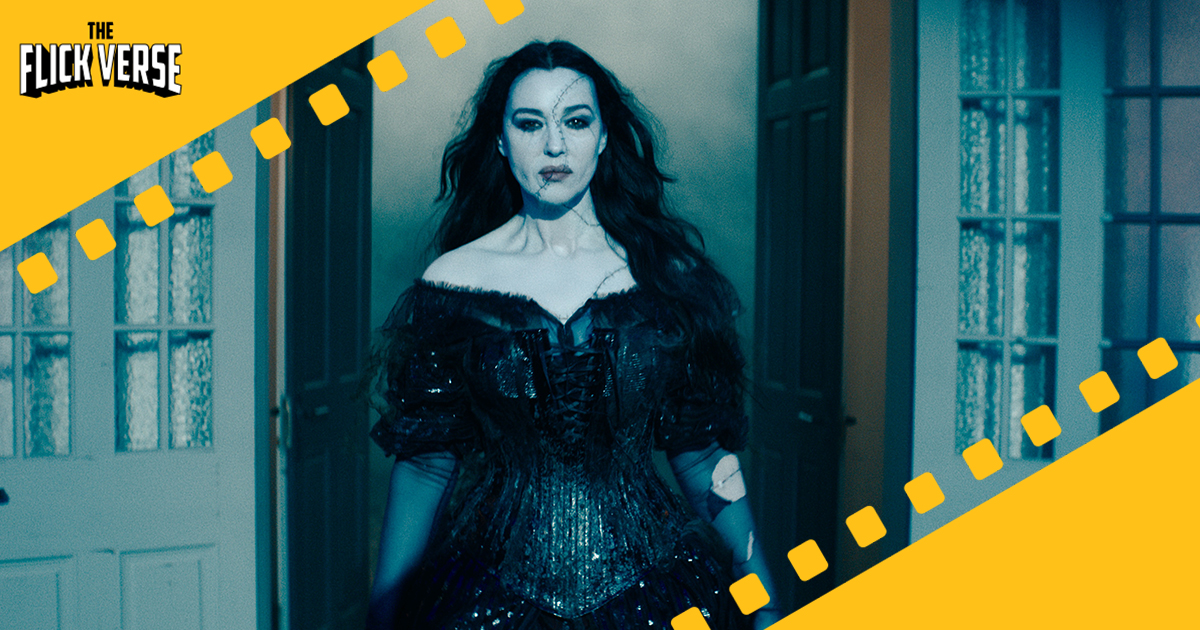
Tim Burton’s unique visual style has always been one of the defining features of his films, and Beetlejuice Beetlejuice is no exception. The film is a feast for the eyes, filled with the kind of gothic, surreal imagery that has become synonymous with Burton’s work. From the twisted architecture of the ghost world to the eccentric costumes and set designs, every frame of the film is meticulously crafted to create a sense of both wonder and unease.
The film’s special effects are a mix of practical effects and CGI, staying true to the spirit of the original while also embracing modern technology. The result is a visually stunning film that feels like a natural evolution of the world established in the first Beetlejuice. The use of stop-motion animation, a hallmark of the original film, is also present in several sequences, giving the film a tactile, handmade quality that sets it apart from other CGI-heavy blockbusters.
Burton’s direction is as sharp as ever, blending horror and humor with his trademark gothic whimsy. The film’s pacing is brisk, with each scene packed with visual gags, references to the original film, and moments of pure Burton-esque weirdness. Fans of the director’s earlier work will find much to love in Beetlejuice Beetlejuice, as it feels like a return to form for Burton after a string of more conventional projects.
6. Themes: Life, Death, and Everything in Between
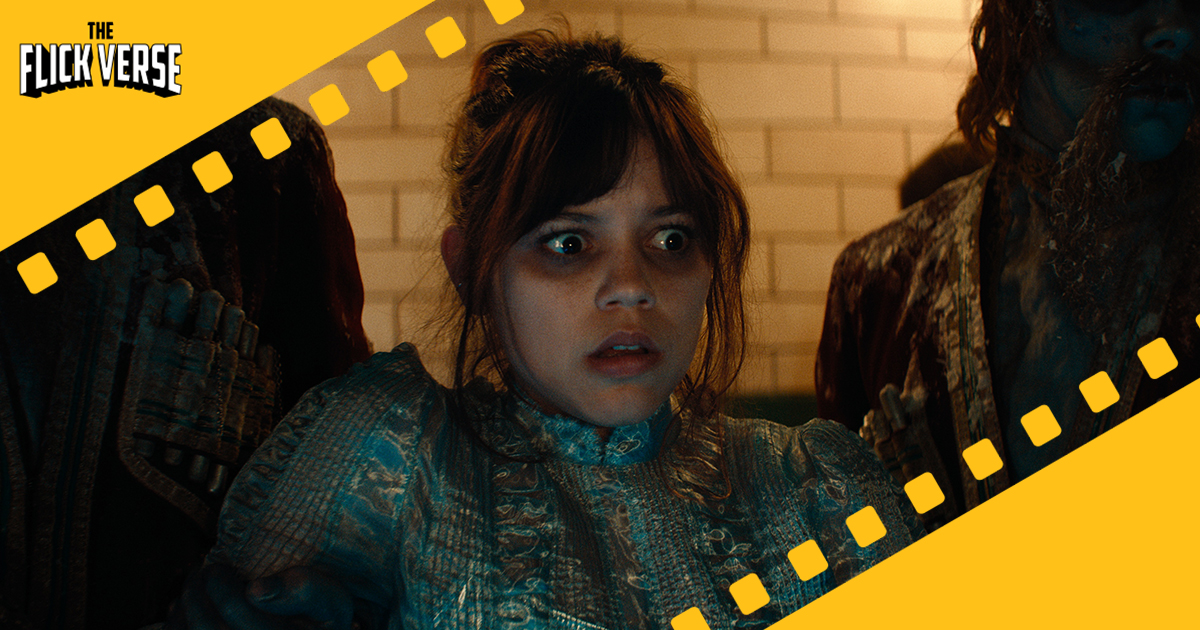
At its core, Beetlejuice Beetlejuice is a film about the boundaries between life and death, and the ways in which those boundaries can be blurred, broken, and manipulated. Much like the original, the film is steeped in themes of mortality, the afterlife, and the absurdity of the human (and ghostly) condition. However, this sequel also explores new thematic territory, particularly when it comes to legacy and family.
Lydia’s relationship with her daughter forms the emotional backbone of the film, and it raises questions about how we pass on our fears, traumas, and even our supernatural experiences to the next generation. The film also touches on the idea of identity and how the past shapes who we become, especially in the context of Lydia’s struggle to reconcile her mundane life with the bizarre events of her youth.
Beetlejuice himself, as a character, continues to embody the chaos and unpredictability of death. He’s a trickster figure, a force of nature who refuses to play by the rules, and in Beetlejuice Beetlejuice, his role as both antagonist and anti-hero is even more pronounced. The film suggests that, in both life and death, the only certainty is uncertainty, and Beetlejuice’s presence serves as a constant reminder of that fact.
7. Comedy and Horror: A Perfect Balance
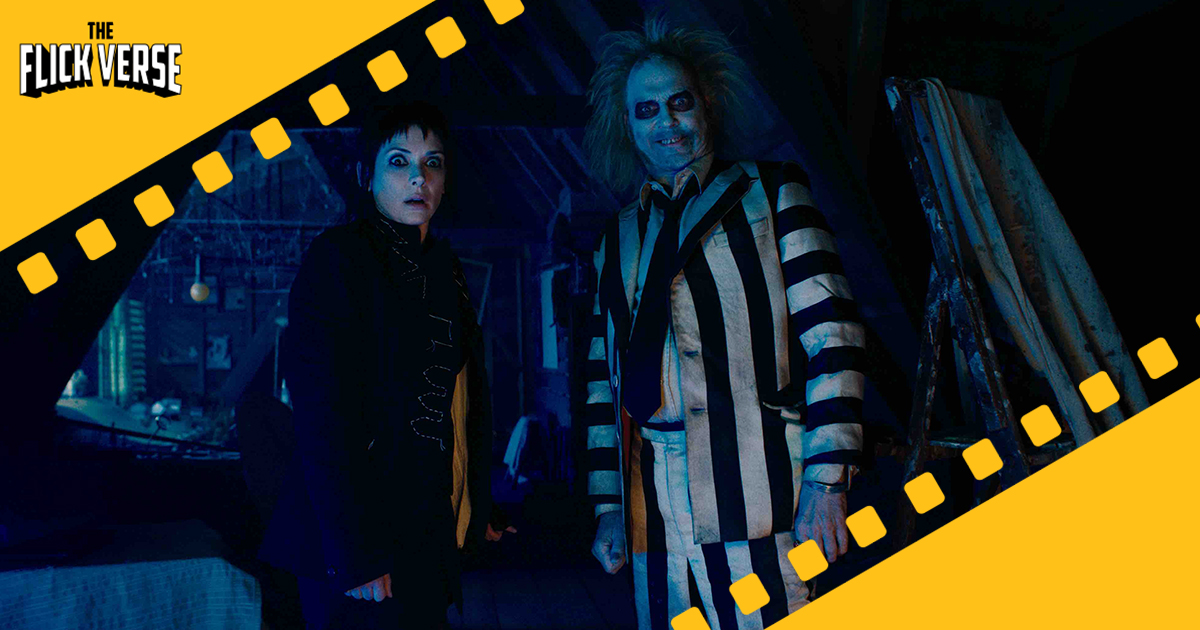
One of the original Beetlejuice’s greatest strengths was its ability to balance dark comedy with elements of horror, and Beetlejuice Beetlejuice continues this tradition. The film is filled with laugh-out-loud moments, many of them courtesy of Keaton’s improvisational performance, but it also doesn’t shy away from the more macabre aspects of its story. The humor is often irreverent and dark, poking fun at death and the absurdity of the afterlife, while the horror elements add a sense of tension and unpredictability to the proceedings.
For More : Visit our Web Stories
Alternative Movies Posters : Digital Download | Minimal Posters | Instant Download


